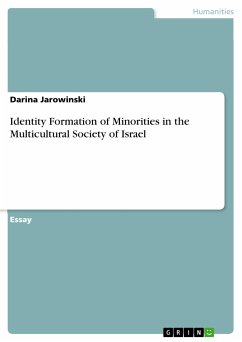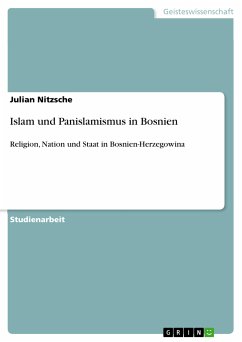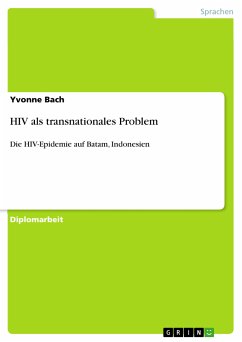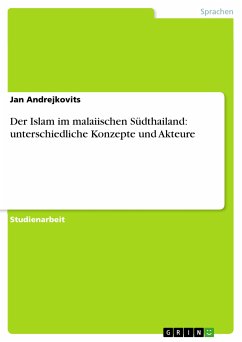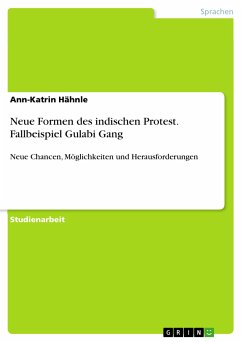Essay from the year 2013 in the subject Cultural Studies - Near Eastern Studies, grade: 1,0, TU Dortmund, language: English, abstract: Since the state’s foundation in 1948, Israel has developed from an agricultural country with poor infrastructure into a high-tech nation among the twenty leading industrialized countries in the world. To date, about three million people from less developed countries have been integrated. Many Holocaust survivors are welcomed to start a new life in Jewish homeland. These facts usually get out of sight in the daily reporting of attacks and bloody clashes, especially in the most irresponsible picture coverage. Political confusion, outbursts of hatred and fragility of previous peace agreements negatively affect the way European society faces Israel. Especially news broadcasts on television as well as newspapers construct a, sometimes simplified and stereotypical version of the events that then enter cultural memory. However, not only Israel’s significant growth has to be taken into consideration. Israel’s development is contradictory and by no means only positive. One of the most exceedingly difficult things to deal with is Israel’s fragmentation not only in the external appearance but also concerning internal debates about identity, belonging, religious questions, questions of solidarity and minority. After its sixty-fifth anniversary, Israel is still a state in the making, whose borders remain to be determined amidst growing tensions and crises. The rapid economic development provides new opportunities while feeding old tensions and creating new ones. As in other globalized countries, rapid growth emphasizes the difference between society’s core and those on the peripheries. Since it is impossible to capture all the different interpretations of the events that have occurred in the past in this paper, it is concentrated on central issues that capture the identity development and formation of Israeli citizens, especially concerning Arabs in various contexts throughout the time.

